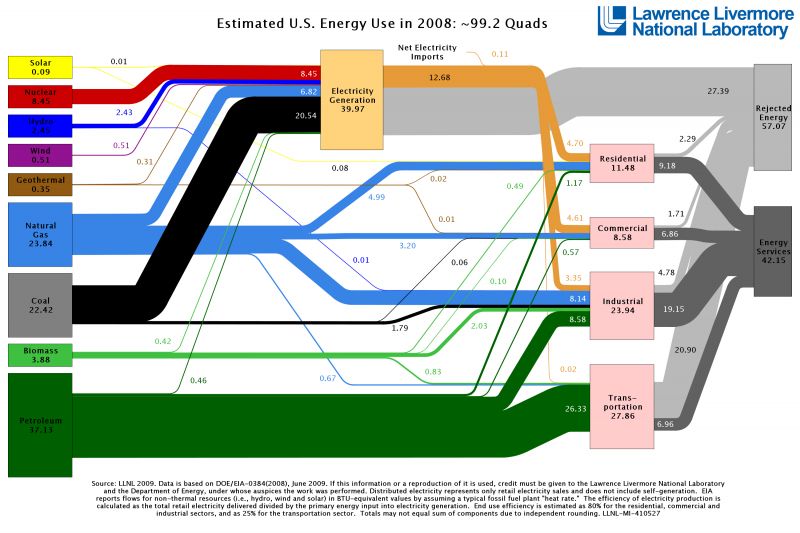
Photo courtesy of NASA (text from this article)
What does our energy policy have to say about our values? Everything, and a case currently before the Arizona Corporation Commission (ACC) shows why.
The story actually begins in the state legislature with a low profile bill to allow school districts to finance utility costs (water, gas, electric) if the project will save them money. Who could object to that, right?
In fact, nearly no one did.
The bill sailed through the AZ House without a single vote against it and was signed into law by Republican Governor Jan Brewer with no fanfare.
Enter two local high schools, wanting to use to the new law to sign an agreement with a solar panel installation & leasing company. The arrangement (called a solar service agreement, or SSA) would allow SolarCity to place panels of the schools’ roofs, and sell the electricty to the district at a set price guaranteed to save the cash-strapped schools some serious money. (An estimated $4.7 million over 15 years.)
The new law allows districts to do exactly that, so, what’s stopping them? Technically, nothing. The schools can sign on the dotted line. It’s just that SolarCity isn’t allowed to present the schools with any dotted lines.
Welcome to the barricades of the “energy revolution.”
Here’s the basic question: is SolarCity a public utility?
Think of a utility and what probably comes to mind is a mental image of giant power plants (coal, natural gas, nuclear) producing and selling a gazillion watts of electricity through the grid to hundreds of thousands, if not millions, of customers.
SolarCity’s new business model doesn’t look anything like that. There’s no giant power plant. Only one customer per contract: the school district. But there would be electrical generation taking place on those school roofs, and that’s the rub. Some, including existing utilities, maintain that the act of turning the suns rays into electricity makes the setup a public utility which must be regulated by the ACC.
ACC chair and renewable energy advocate Kris Mayes recently called SolarCity’s request “perhaps the most complicated case, and one of the most significant cases, in the history of Arizona.”
SolarCity spokesman Jonathan Bass told me that the new law “should make it easier for schools to enter solar service agreements and help establish reporting requirements.” But, he went on, “without the ACC case being approved, it won’t help much, as solar providers will not be able to offer SSAs.”
And the non-profit group, Vote Solar Initiative, recently provided this take on the ACC case:
In California … most commercial-sized systems are installed under this model. Instead of a customer buying a solar system outright, the customer instead provides access to the roof for a solar company to install and operate a system, and the customer simply buys the electricity on a kWh basis. A big benefit is that there are no upfront costs. And for non-taxpaying entities like schools and government buildings, this is the only way they can leverage the 30% federal investment tax credit. Without this mechanism, any town/school/water district that wants to go solar has to leave serious money on the table. [My emphasis]
But this case has significance beyond Arizona’s borders and will affect far more than just schools. At issue before the ACC are the rules that will determine what kind of energy system our nation will have in the coming decades.
Will it be sustainable or will it remain focused on short term profits? Will it be efficient and flexible enough to allow small-scale clean and renewable sources into the game, or wasteful and protective of business, as usual? Will our energy policy help keep America safe, or will it increase threats to our national security? Will it foster democracy or centralize authority? Will it push us to support foreign dictators, eroding our moral authority in the world and making us vulnerable to the enemies of our “friends?”
The truth is that energy policy is not primarily about energy. Energy — how we get it and how we use it — is, above all, about our values. The new energy system we’re building (through cases like the one before the ACC) will tell us, and the world, who we are as a people. In this energy and environmental crisis, we’ve been given an opportunity to reaffirm our best American values. We mustn’t let it slip away.
Osha Gray Davidson covers solar energy and the environment for The Phoenix Sun, and is a contributing blogger for Mother Jones. He edited The Climate Bill: A Field Guide. For more of his stories, click here.















